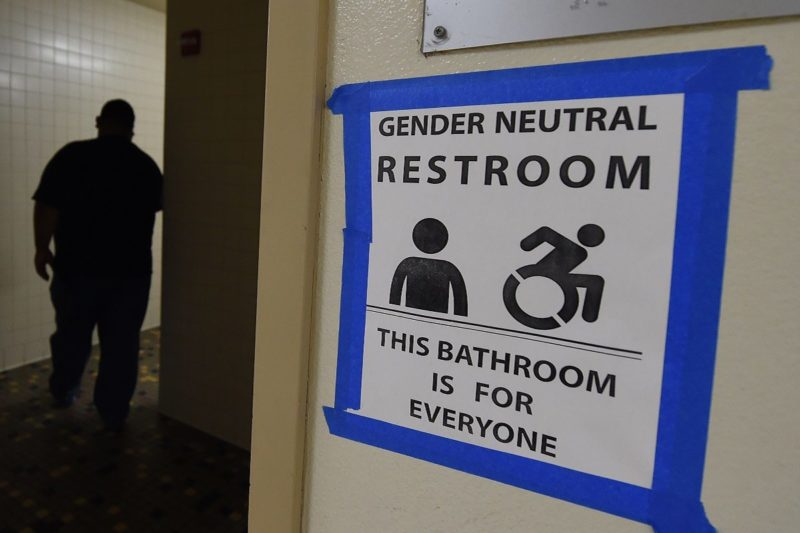Study: Planned Attack on LGBTQ Rights Would Be ‘Devastating’ for Texas Economy
“North Carolina’s governor was just voted out of office because of his support for a discriminatory law that took an immediate and devastating toll on his state’s economy,” said Matt McTighe, executive director of Freedom for All Americans.

If Texas lawmakers pass measures in the upcoming legislative session targeting the LGBTQ community, it could cost the state’s economy billions of dollars and tens of thousands of jobs, according to a new study.
Texas could face an $8.5 billion decline in the state’s GDP and lose as many as 185,000 jobs if proposed discriminatory bills are passed by the Republican-dominated legislature, according to an economic impact survey commissioned by the Texas Association of Business (TAB) and conducted by St. Edward’s University.
Legislation that discriminates against LGBTQ Texans would be “bad for business,” TAB President Chris Wallace said in a statement.
Anti-LGBTQ legislation would affect the state’s convention and tourism industry, which has a “direct economic impact of $69 billion, generates more than $6 billion in state and local tax revenues, and directly and indirectly supports more than 1.1 million Texas jobs,” according to the report.
The study, released as part of a newly formed coalition of businesses committed to “Keep Texas Open for Business,” comes in the wake of a law passed by North Carolina Republicans that bans transgender people from using public restrooms corresponding to their gender identity. The bill, known as HB 2, established a statewide nondiscrimination ordinance that supersedes any local nondiscrimination measures.
Multiple studies have projected that the law will cost the state hundreds of millions of dollars, and by some estimates the state may have already lost $630 million in economic activity.
North Carolina Gov. Pat McCrory (R) lost his reelection campaign, and McCrory’s support for HB 2 has been cited as a significant factor contributing to his defeat.
Dozens of businesses, including tech giants like Apple, Cisco, and Microsoft, signed an amicus brief supporting the federal government’s effort to declare HB 2 unconstitutional. Wired reported in September that North Carolina had lost almost $400 million as a result of the discriminatory legislation.
Texas Lt. Gov. Dan Patrick (R) announced in November that North Carolina-style legislation would be among his legislative priorities.
“A majority of Texans in both political parties and in every ethnic and demographic group believe that women and girls should have privacy and safety in their restrooms, showers and locker rooms,” Patrick said. “Unfortunately, legislation is necessary to assure that they do.”
But there are signs of possible division within the GOP-held state legislature.
House Speaker Joe Straus (R-San Antonio) said a bill to restrict transgender people’s access to public bathrooms would not be “the most urgent concern” for him in the upcoming legislative session, reported the San Antonio Express-News.
“I know the lieutenant governor is very enthusiastic about this idea,” Straus said. “Let him run with it. We’ll see what the House wants to do.”
The Women’s Privacy Act, which has been designated as SB 6, has not been filed yet.
Matt McTighe, executive director of Freedom for All Americans, said in a statement Tuesday that it is becoming evident that there is “both an economic and a political cost” to passing anti-LGBTQ laws.
“North Carolina’s governor was just voted out of office because of his support for a discriminatory law that took an immediate and devastating toll on his state’s economy,” McTighe said. “It’s not surprising that business leaders and elected officials from across Texas are sounding some early alarm bells over Dan Patrick’s fixation on similar legislation.”
